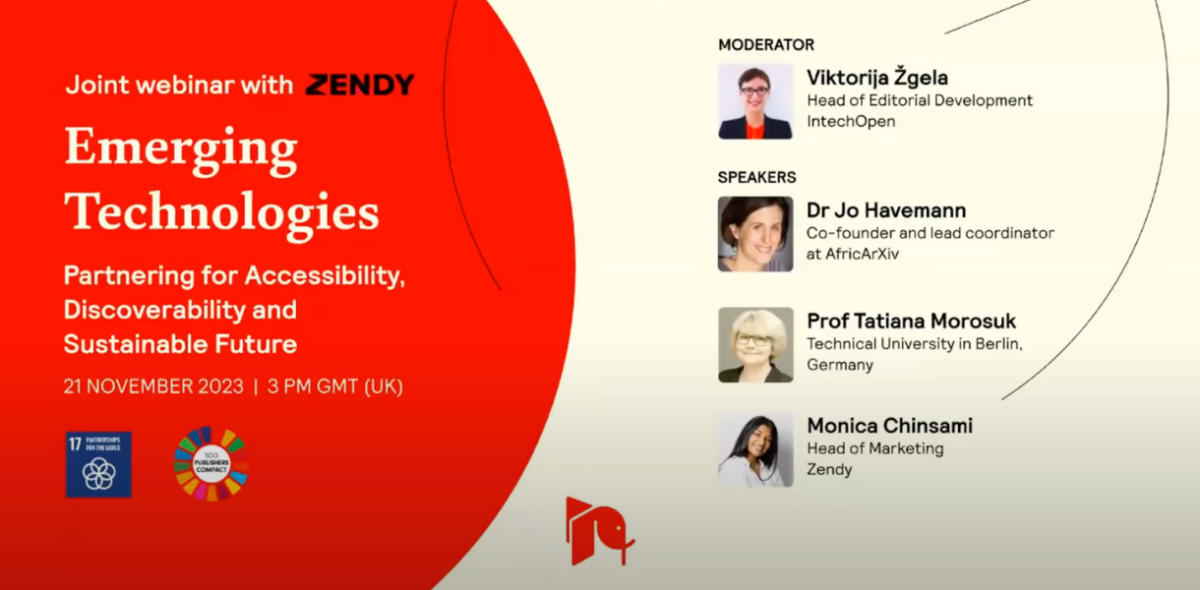The increased usage of AI tools has sparked many conversations in the world of academia, which inspired the innovation of AI tools for research. The integration of technology in academia has brought innovation that introduced digital libraries, plagiarism trackers and grammar-checking softwares, this changed the way researchers write and discover academic literature. In recent years, the academic sphere has witnessed the rapid growth and implementation of AI, which we believe can be leveraged to create efficiency in research.
As an AI-powered research library, Zendy provides key tools like summarisation and keyphrase highlighting to streamline the process of literature review, we also developed and launched ZAIA, the AI research assistant. These tools have been designed to create efficiency in research, which allows researchers to invest significant time in data analysis and their primary research.
With the growing integration of AI products, we believe in the ethical use of AI in the world of research while also leveraging this technology to streamline research processes for students and researchers alike. Ethical AI practices are essential for building tools that are both trustworthy and effective.
On the other hand, according to our latest survey, AI in Education for Students and Researchers: 2025 Trends and Statistics, 73.6% use AI in research, 51% use it for literature review and 46.3% of students and researchers are using AI tools for writing and editing, showing just how quickly these tools are being adopted.
However, some of the AI ethical issues remind us that without proper guidelines, these tools risk compromising the integrity of research. Notably, slightly less than a third of students still do not use AI tools for research at all.
In this blog, we recommend the 6 best AI-driven tools to assist you with annotating, citing and more!
1. ZAIA – AI Assistant for Research
ZAIA is a domain-specific LLM designed to assist researchers in understanding essential research concepts and finding relevant papers. This tool enhances the efficiency of the literature review process, providing answers backed by millions of academic research papers.
Housing over 200 million papers from all fields of science, this tool generates a comprehensive summary of an academic paper, including the area of study the research addressed and its overall impact on the discipline.
3. Paperguide
Paperguide is an all-in-one AI workspace for researchers to conduct literature reviews, understand and extract data from scientific papers, collaborate, manage and write research.
4. Tableau
This tool generates data visualisation and analytical tools for businesses and researchers. The platform is equipped with Einstein AI which is driven by machine learning and delivers predictions and recommendations within Tableau workflows to assist with efficient decision-making.
5. Scite.ai
This is a well-rounded citation tool that provides context to citations by clearly stating whether an academic paper supports or contrasts the cited claim. This helps researchers save time having to read lengthy papers and quickly determine whether the citation is relevant to their research.
6. Consensus AI
This tool annotates insights about research papers using AI. It produces “study snapshots” to condense lengthy research papers by mentioning study aims, variables, and findings. The platform also provides credible responses backed by academic papers to queries, by presenting research papers that both support and contrast the query, allowing users to browse through objective responses.
Limitations of AI Tools
While AI tools are effective in streamlining research processes, they raise ethical concerns and can impact research integrity if misused. AI raises ethical issues including data privacy, algorithm bias and misuse of AI. However, due to the increasing usage of AI tools, policies are developing quickly to ensure the technology is adequately regulated.
Tips for Using AI Tools in Research
Follow these recommendations to ensure ethical AI usage:
- Always fact-check content generated by AI tools
- Do not write academic articles using AI tools. Instead, use these tools to edit and structure original research content.
- Do not use AI tools to generate references, instead use it to manage and store the references.
- Use AI tools that produce accurate results.
- Incorporate your own voice and style of written content as much as possible.
In conclusion, AI is a resourceful innovation in academic research when used ethically. The correct and responsible usage of AI can create immeasurable efficiency in research processes, and aid in citation management, resource annotation, data visualization, literature discoverability and summarisation.
Discover a comprehensive suite of AI-driven tools like summarisation, keyphrase highlighting and ZAIA – AI assistant for research on Zendy now.


